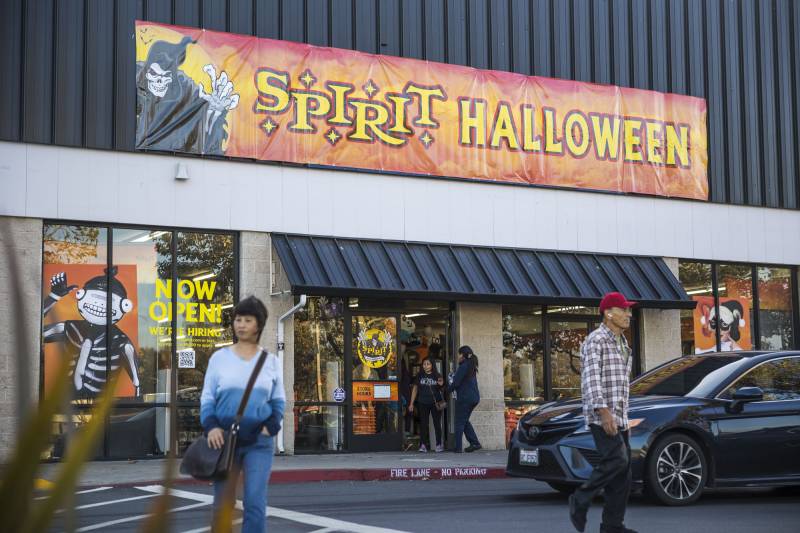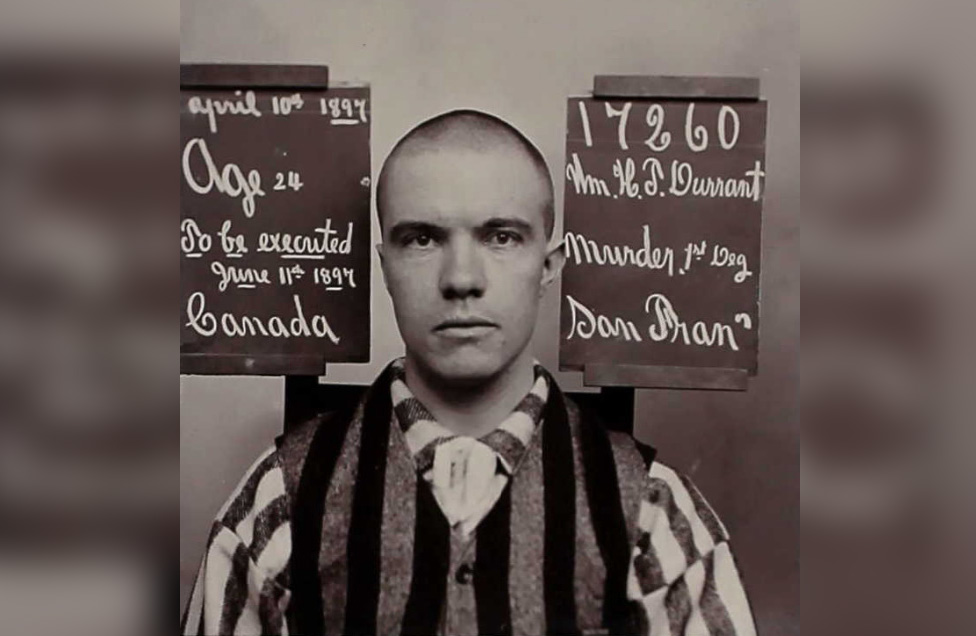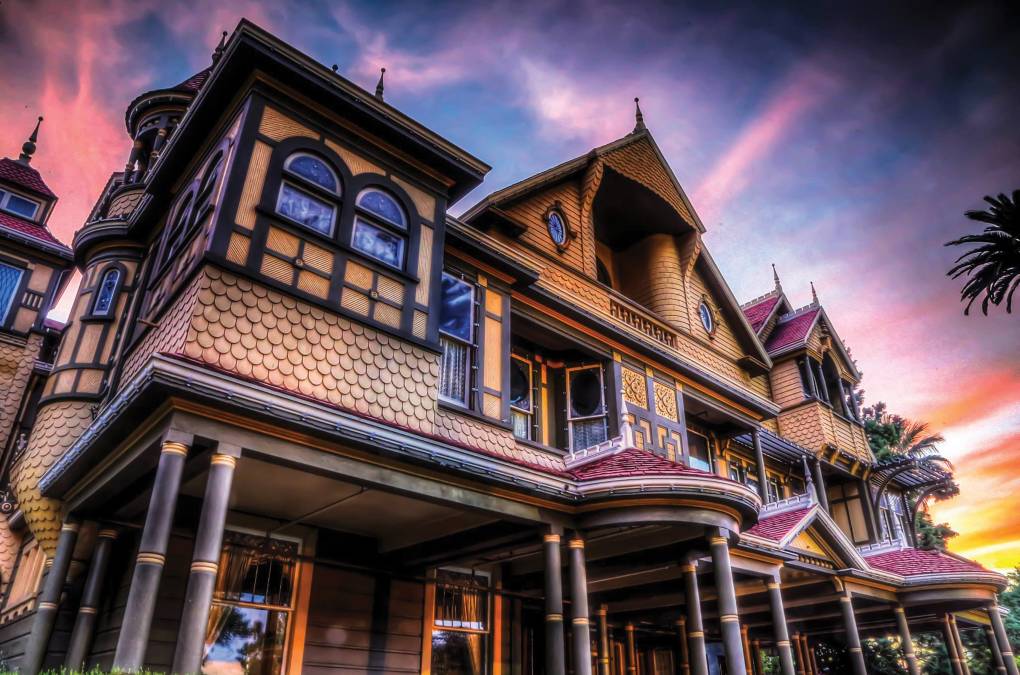Marver said he stayed involved in the business, primarily as a consultant, and left it around a decade ago. He currently runs a boutique hotel, Twisp River Suites, in Twisp, Washington.
He looked back on the store’s founding and shared insight on running a seasonal business, speaking with KQED’s Brian Watt.
This conversation has been edited for brevity and clarity.
Brian Watt: Why did you decide to sell? It sounds like it was going well.
Joe Marver: I approached [Spencer’s Gifts] with a deal that I thought was quite fair and generous for me in 1998. And they talked about it and said, “No, I don’t think so.” And I went back home, and I continued and increased the number of stores, and I got up to a great number. I put friends and family in the business with franchises, and it just worked very well. A year later, in ’99, they approached me and said, “We’ll do your deal.” And I said, OK.
Even the most enthusiastic Halloween celebrations would wonder how someone builds a business around something that is only for one season of the year. What do you think about that?
It seems like a temporary, seasonal business, but it’s not. You have to buy all the merchandise. That starts February, March and get everything ready to be shipped. [Then], let’s talk about finding the locations. That usually starts in May or June. [And] taking a location, beginning of August, in order to prepare the location, decorate the location, set up all of the goods, and then, you need two weeks after Halloween to break it all down, get everything set up [and] leave the location.
I tried to do Christmas stores at one point, but it was way too competitive. Gas stations did Christmas. Everybody did Christmas. So I gave that up.
Just living Halloween things for 10 months strikes me as a lot.
Yeah, I think they’re doing a lot of online selling — they’ll do it all year round for costumes, makeup, masks, parties [and] events. And so, they’re keeping busy.
When I was working for another radio station in Los Angeles, and we were coming up on Halloween, we noticed these stores. I talked to one guy who was a manager of one of these stores. I want to know if what he told me at that time was true about the empty stores in strip malls. Did they become a hot commodity in the run-up to Halloween? Do you compete for the right to set up a store around Halloween?



